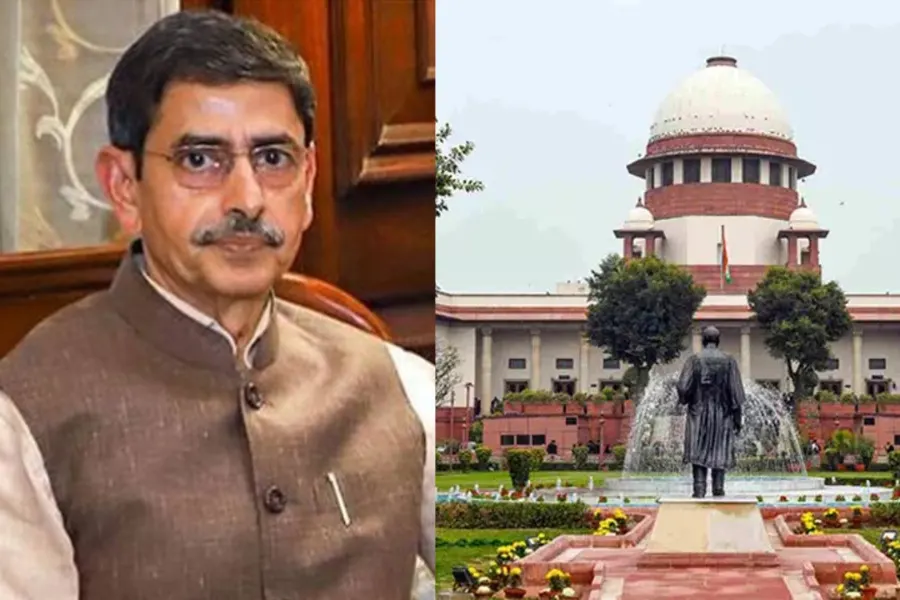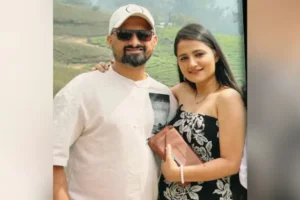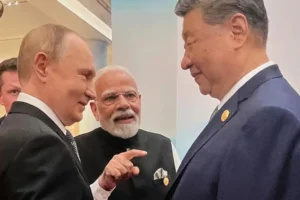
Supreme Court Ruling 2025: The Supreme Court has expressed considerable concern about the possibility of Governors denying the assent of bills passed by the legislatures of the States indefinitely. It stated that the ability to do so makes a democratically elected Government of the State an ineffective thing. The comments were made as a Constitution Bench. It presided over by Chief Justice of India BR Gavai, considered a Presidential reference challenging the Court’s previous decision from April. This was regarding the timelines for Presidents and Governors to refuse assent to bills which their respective legislatures had passed.
The Context
The request was made by President Droupadi Murmu under Article 143 of the Constitution. It was in order to clarify whether the Supreme Court judgment from April established a timeline within which Governors and the President must discharge their duties. This was in order to avoid indefinite deferral. In its April decision, the Court held that there is a requirement to act in a “reasonable time period” in order to avoid indefinite deferral.
In reference to the April decision, the Court also noted that the absence of provisions in the Constitution should not be taken advantage of to halt a democracy. Also, that a court of law could examine the acts of the Governor under Article 200, and any inaction by the President under Article 201.
Crucial Pronouncements from the Court
A Governor might deny assent under Article 200, leaving the bill to “fall through” and eliciting vigorous comments from the judges. During Wednesday’s proceedings, Solicitor General Tushar Mehta argued.
CJI Gavai observed, “Would we not be giving lots of power to the Governor to control appeals?”
“They’ll be able to overrule the government elected by the majority and appeal to the mood and desire of the governor.”
The bench also warned that granting unlimited withholding would grant governors unfettered power. It will weaken what the elected legislature does. Justice Surya Kant explained there must be judicial review if it is considered final. Since the governor must supply and convey reasoning for the choice.
Queries Presented in the Presidential Reference
Following its ruling in April, the president submitted 14 questions to the Supreme Court. These included:
- Whether the court has the right to impose timelines when the Constitution does not specify timelines.
- Whether these directions constrict the discretionary power of the president and governors.
- How the balance among constitutional authorities is supposed to be maintained.
Attorney General R Venkataramani voiced concerns. It was about whether the Court’s April decision re-wrote the Constitution. While the Solicitor General supported the relevance of the Governor’s role as a representative of the Union.
Rethinking the Statutory Role of the Governor
The Solicitor-General argued that Governors should be viewed as experienced representatives of the Union of India and not just as figureheads. He stated that Governors have four options under Article 200:
- To give assent to the legislation.
- To withhold assent.
- To hold the bill for the President.
- To return the bill for reconsideration.
Nonetheless, the Court replied that the Governor cannot simply refuse to assent indefinitely without accountability. Justice Narasimha said that withholding was not intended to represent the “end of the road” for legislation. The political process should continue to allow for appropriate reconsideration and re-examination.
Protecting Values of Democracy
The bench highlighted that while the Constitution was envisioned in “ideal circumstances,” a judicial understanding is required based on experience when interpreting it. CJI Gavai referred to the recent Telangana judgement. It was in order to highlight the potential for public persons legatees to misuse their constitutional office, further validating the relevance of judicial interpretation in order to safeguard democracy.
The justices insisted that the meaning of Articles 200 and 201 cannot be stagnant. It must safeguard against developments where Governors can act unilaterally to impede the decisions of popularly elected legislatures.
The court will have consequences for the tenuous balance between the constitutional powers of Governors. Also, the autonomy of the States. The court has observed that its interpretation will focus on preserving democracy, and keeping procedural vacuums from undermining it.
The discussions resume Thursday, as the court deals with the scope of the powers of Governors, and the limits of judicial review.
This case is one of the most closely followed recent news updates in India’s constitutional and political landscape. The outcome of the hearings will affect relations between the Centre and the States, the functions of Governors, and the democratic functioning of State legislatures – for years to come.





